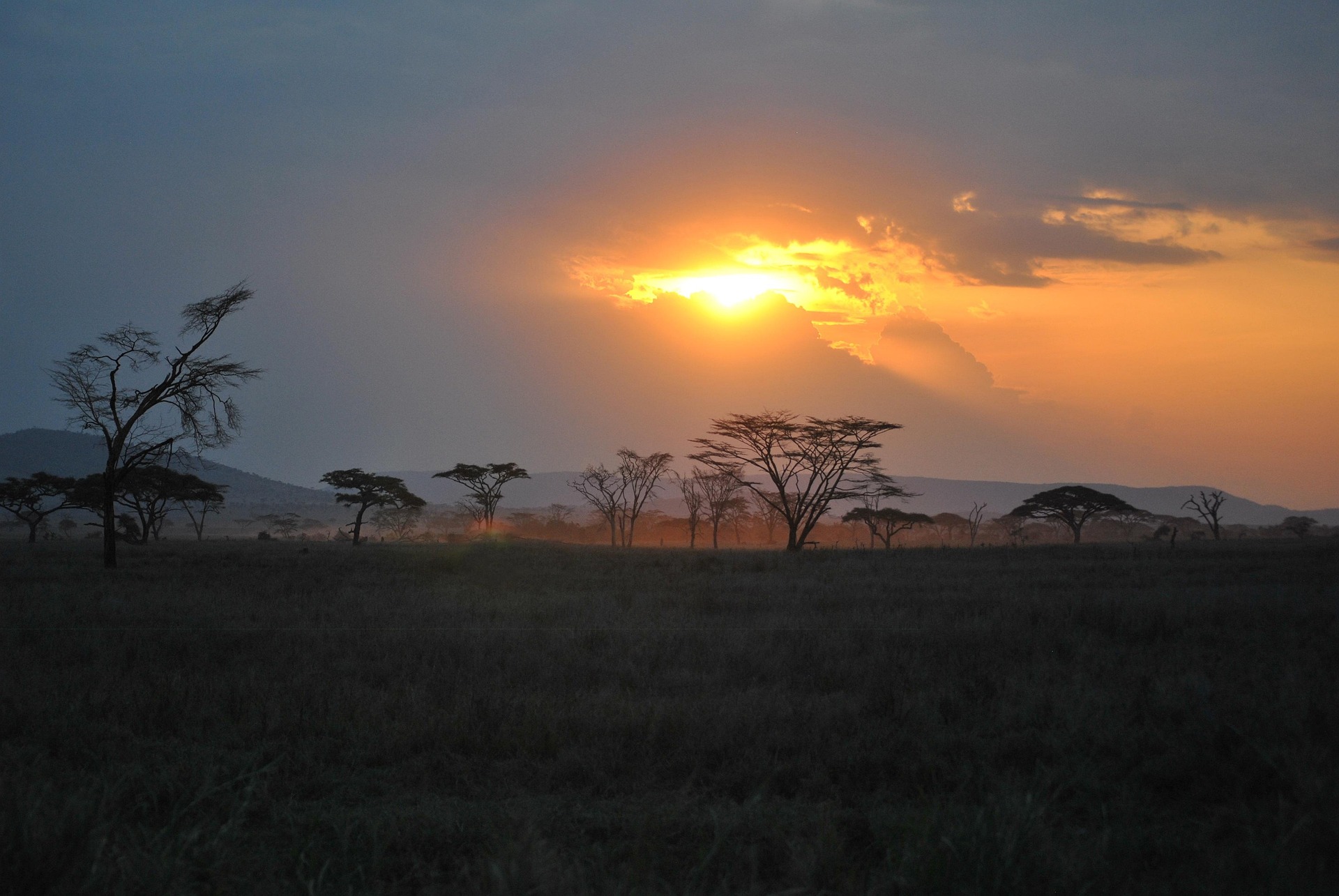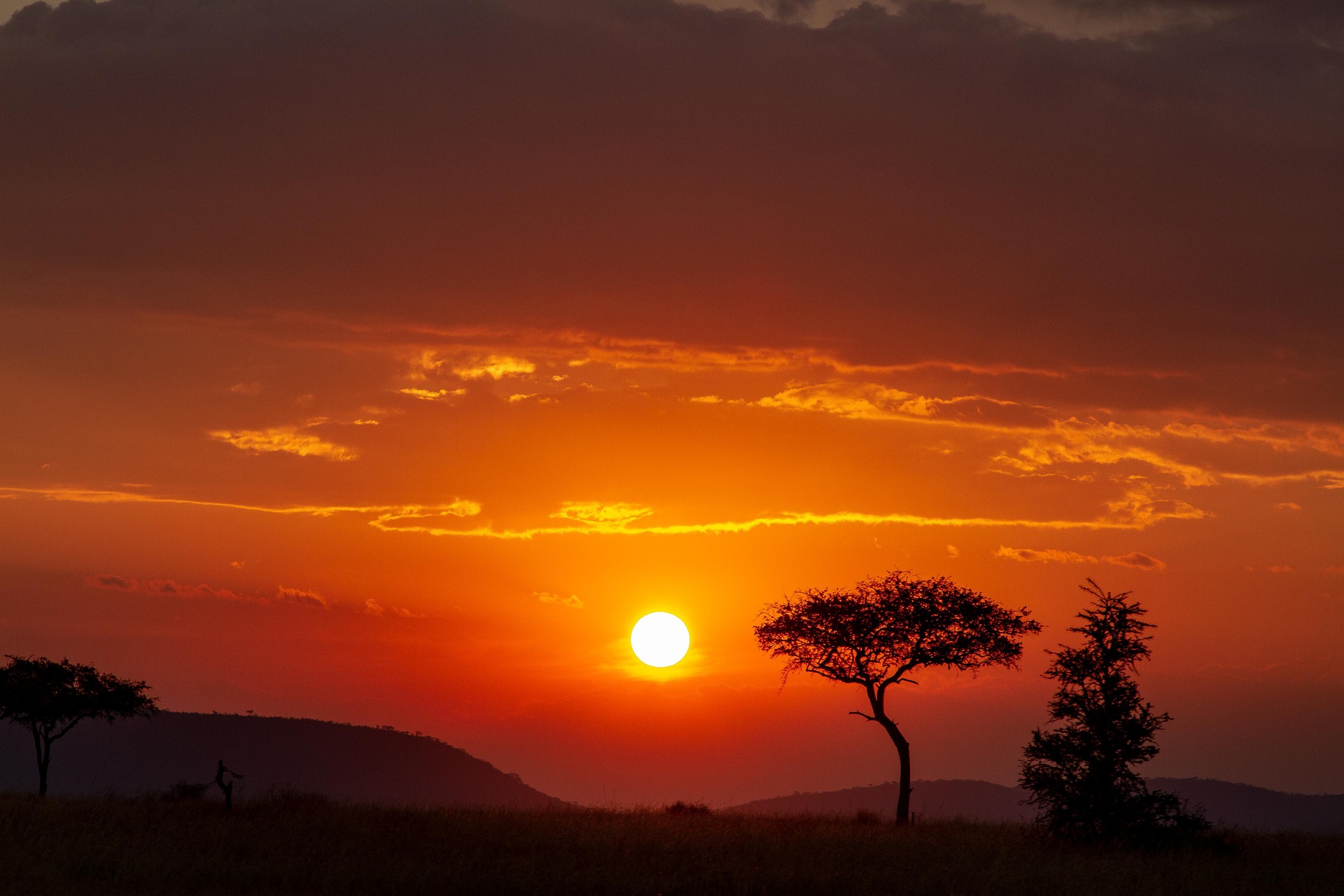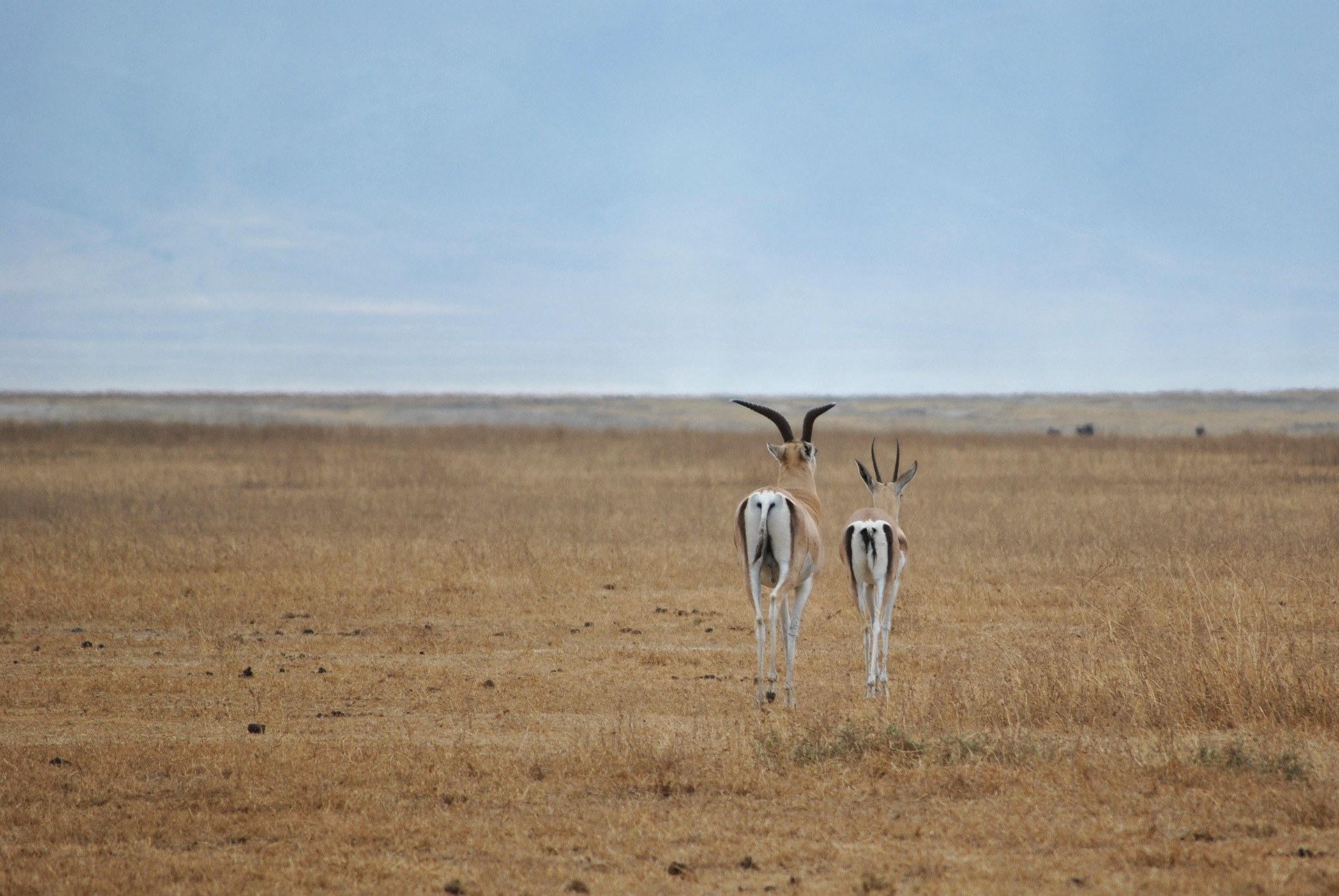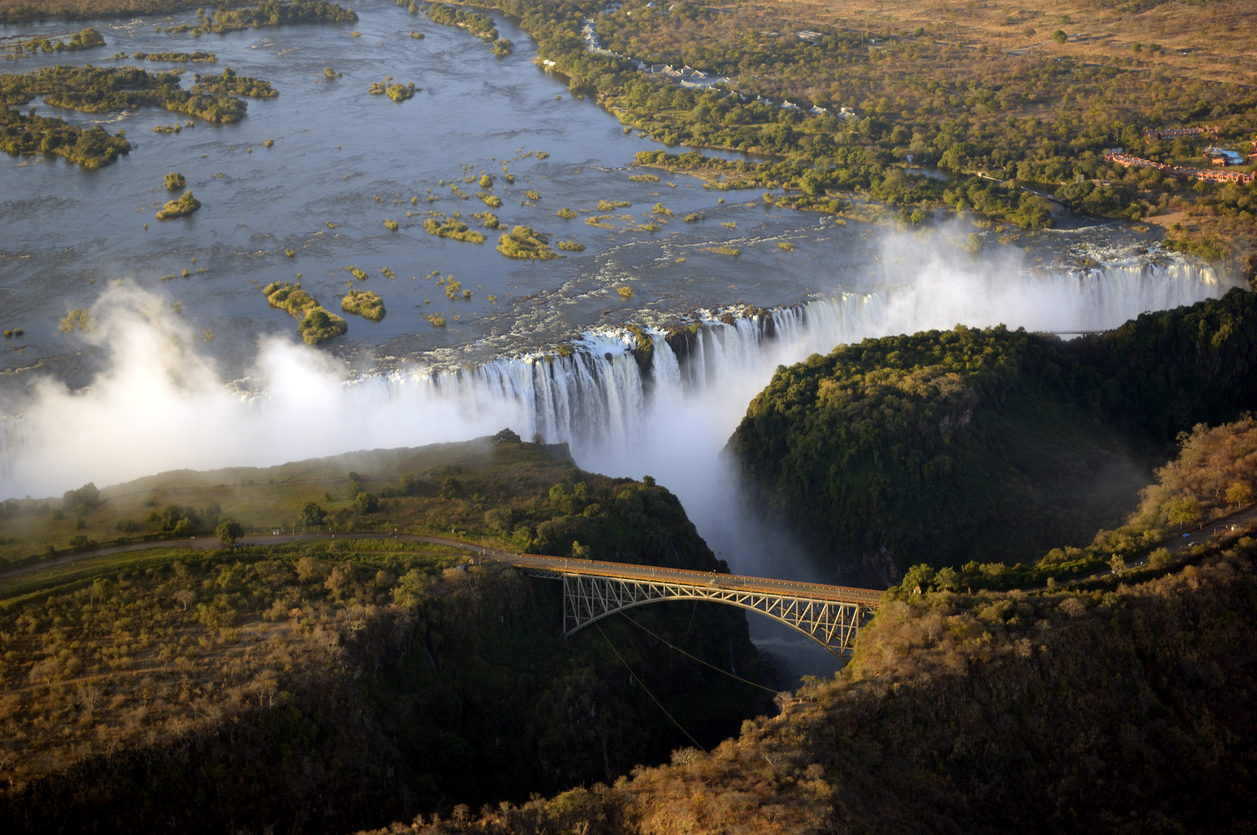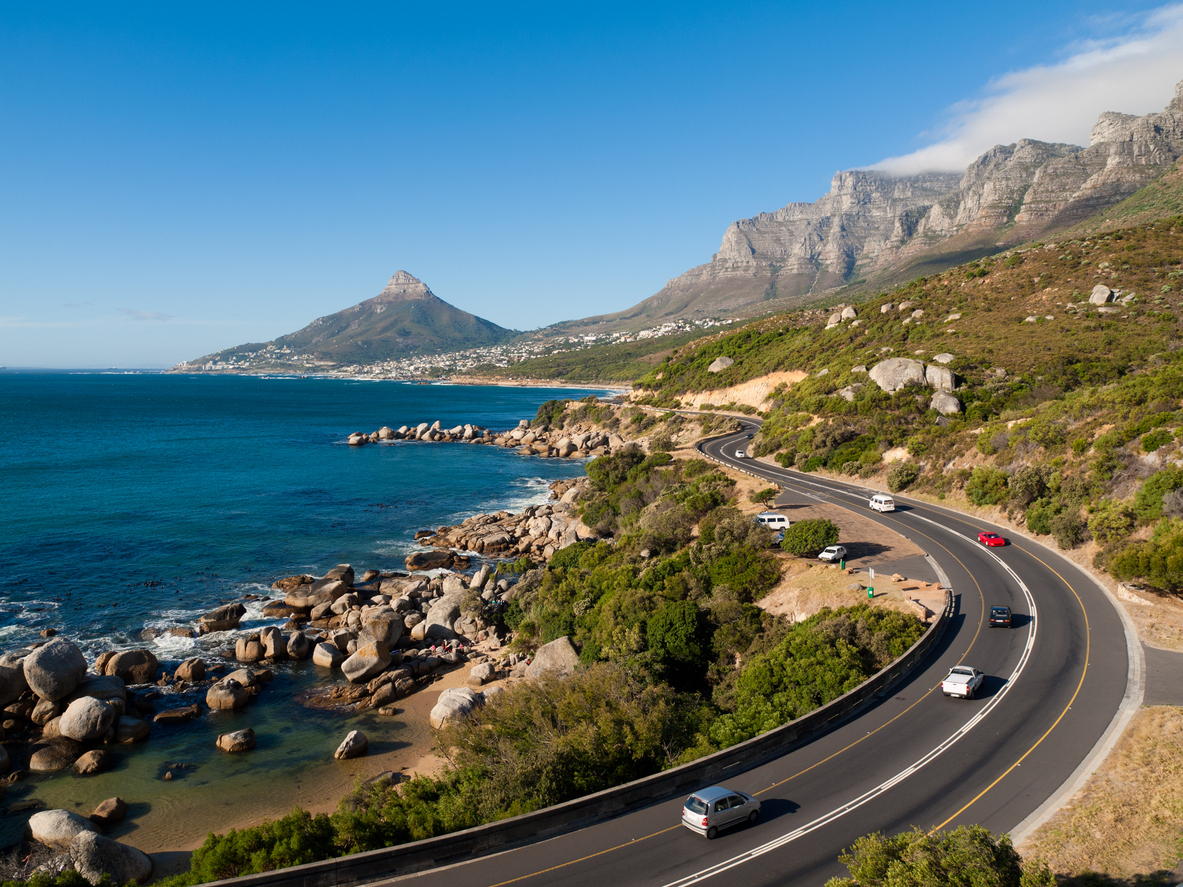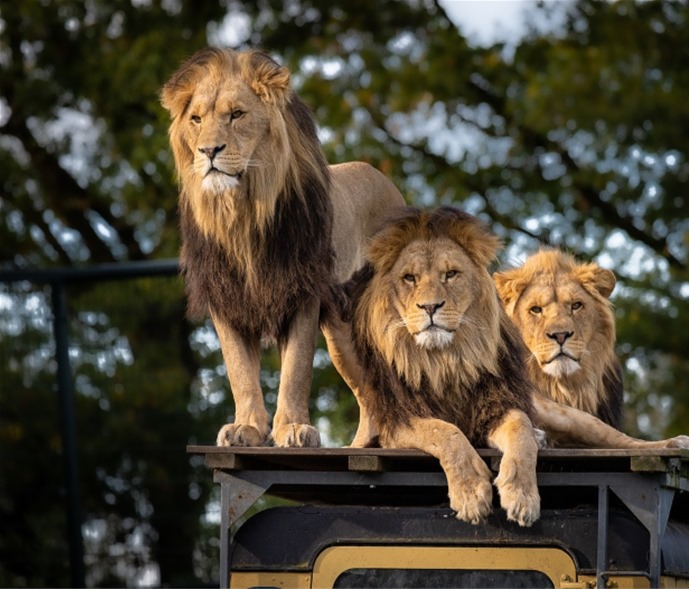Tour Highlights
A Serengeti safari offers breathtaking wildlife encounters, including the Great Migration, Big Five spotting, and predator action. Enjoy unique experiences like sunrise balloon safaris, Maasai cultural visits, walking safaris, and luxury tented camps. Explore the nearby Ngorongoro Crater, experience thrilling night game drives, and discover diverse birdlife. It’s an adventure of a lifetime!
-
The Great Migration
-
Big Five Safari
-
Balloon Safari at Sunrise(optional)
-
Predator Action
-
Ngorongoro Crater Visit
-
Maasai Cultural Experience
-
Walking Safaris & Bush Adventures
- 3 Days
- Availability: All Year
- Serengeti
- Tanzania
- Min Age: None
- Max People:10
- Budget Friendly
- Adventure and Sight Seeing
Enjoy unique experiences like sunrise balloon safaris, Maasai cultural visits, walking safaris, and luxury tented camps. Explore the nearby Ngorongoro Crater, experience thrilling night game drives, and discover diverse birdlife. It’s an adventure of a lifetime!
-
Destination
Serengeti, Tanzania
-
Start Time
Activities will start between 7am and 8am.
-
End Time
Approximately 6pm.
-
Dress Code
Comfortable clothing, shoes, jacket, sunhat and sunglasses.
Gallery
A Serengeti safari offers breathtaking wildlife encounters, including the Great Migration, Big Five spotting, and predator action. Enjoy unique experiences like sunrise balloon safaris, Maasai cultural visits, walking safaris, and luxury tented camps. Explore the nearby Ngorongoro Crater, experience thrilling night game drives, and discover diverse birdlife. It’s an adventure of a lifetime!
Video
What to Expect
:
- Spectacular game drives with experienced guides
- Comfortable tented camp stays with en-suite bathrooms
- A chance to witness the Great Migration (seasonal)
- Amazing widlife sightings in large numbers.
Most Common F.A.Qs
-
1. When is the best time to visit Serengeti?
June – October: Best for general game viewing (dry season). December – March: Calving season with many baby animals. July – September: Best time to see river crossings during the Great Migration.
-
2.What wildlife can I expect to see?
The Big Five (lion, elephant, leopard, rhino, buffalo) Cheetahs, giraffes, zebras, hyenas, hippos, and crocodiles Over 500 bird species
-
3.What type of accommodation is available??
Budget: Public campsites (basic facilities) Mid-range: Comfortable tented camps & lodges with en-suite bathrooms Luxury: High-end lodges & exclusive tented camps
-
4.What is included in a Serengeti safari tour?
Park fees & game drives Accommodation & meals Professional safari guide & 4x4 safari vehicle Drinking water
-
5.What is not included in the safari package?
International/domestic flights Visa & travel insurance Tips for guides & staff ($10–$15 per day recommended) Optional activities (hot air balloon safari, cultural tours)
-
6.Is it safe to go on a safari?
Yes, safaris are safe when guided by professional rangers. Guests remain in vehicles during game drives, and all precautions are taken to ensure safety.
-
7.Is the safari suitable for children?
Yes! Family-friendly safaris are available, but some lodges have age restrictions. Private tours are best for families with young kids.
-
8.How long should I stay in the Serengeti?
2–3 days: Short safari with good wildlife viewing 4–5 days: Best for experiencing multiple areas & diverse wildlife 7+ days: Ideal for witnessing the Great Migration & in-depth exploration
-
9.Can I do a hot air balloon safari in Serengeti?
Yes! A hot air balloon safari offers stunning aerial views at sunrise and costs around $500–$600 per person. It’s an unforgettable experience!
-
10.Do I need a visa to visit Tanzania?
Most travelers need a Tanzania Tourist Visa ($50 USD, $100 USD for U.S. citizens). Visas can be obtained online (e-visa) or on arrival.
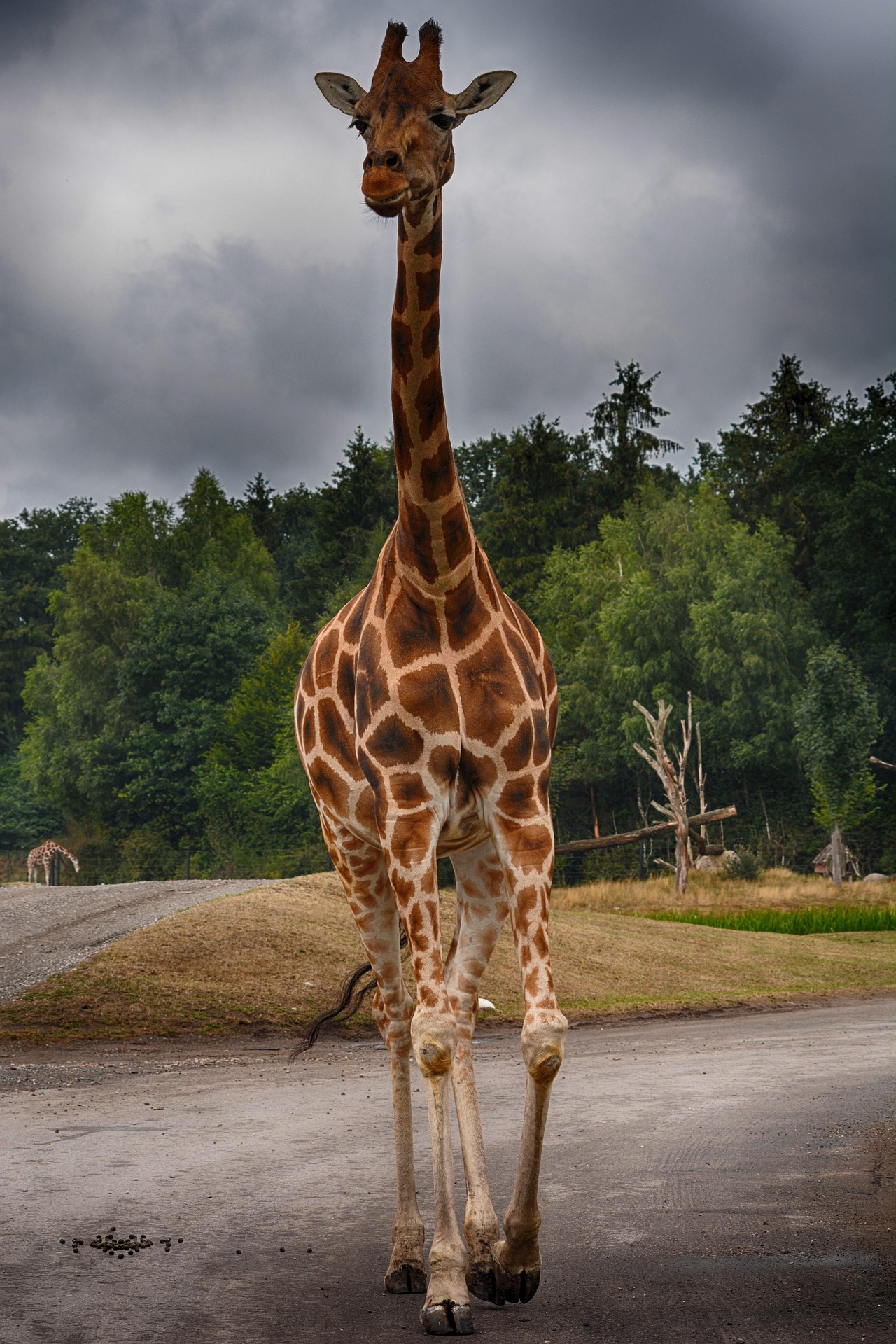
Day 01: Arusha to Serengeti National Park
Morning departure from Arusha (or Kilimanjaro Airport) Scenic drive through the Ngorongoro Conservation Area to Serengeti Afternoon game drive en route to the lodge/camp Overnight at Serengeti Heritage Camp / Into Wild Tented Camp Highlights: Stunning landscapes & wildlife introduction First sightings of lions, elephants, giraffes, and more
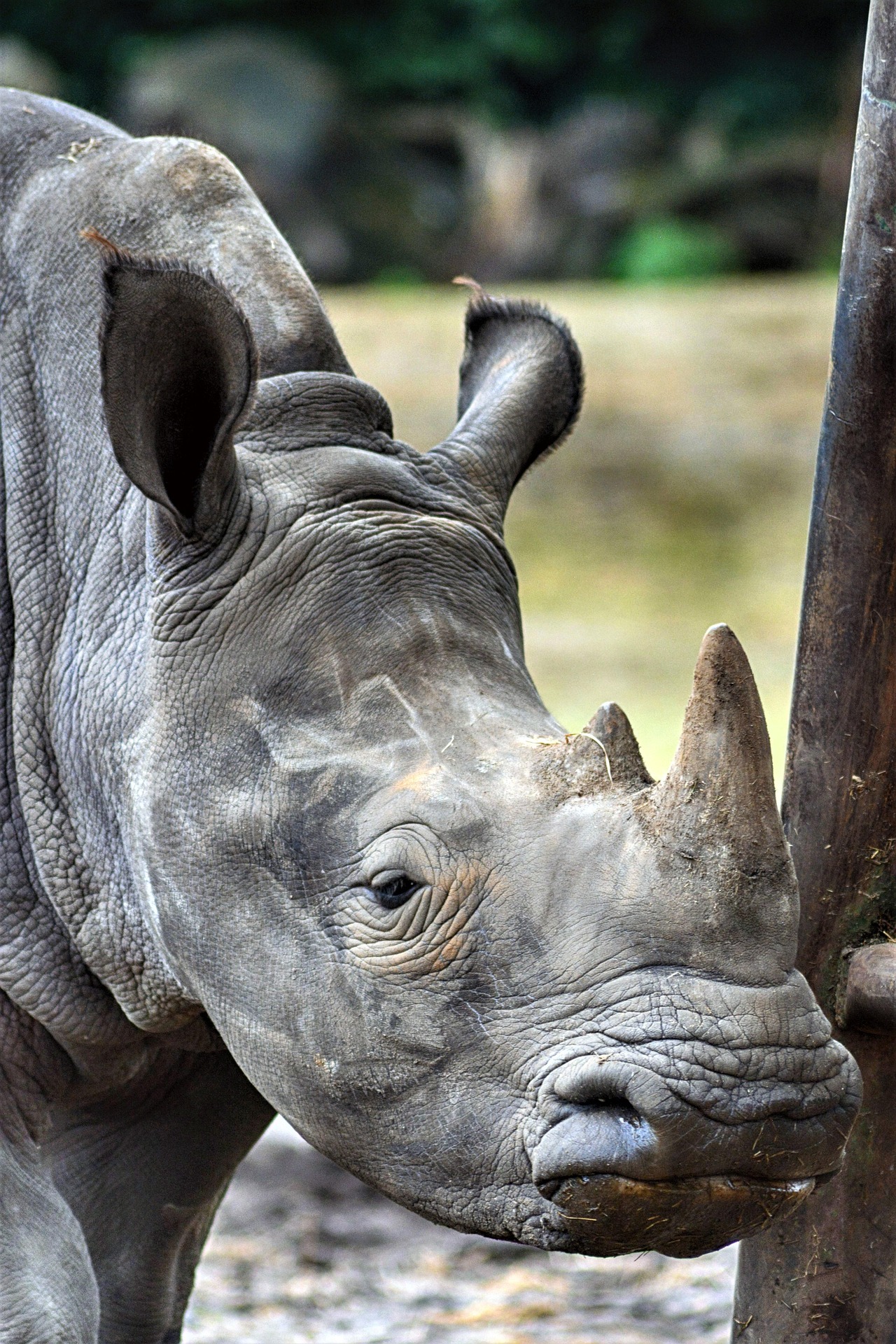
Day 2: Full-Day Serengeti Safari
Early morning game drive to catch predators in action Explore the Seronera Valley (central Serengeti) for big cats Packed picnic lunch in the wild Evening game drive for more wildlife encounters Overnight at Serengeti Heritage Camp / Into Wild Tented Camp Highlights: The Big Five (lions, leopards, elephants, rhinos, buffaloes) Chance to see the Great Migration (seasonal) Optional hot air balloon safari ($550 per person)
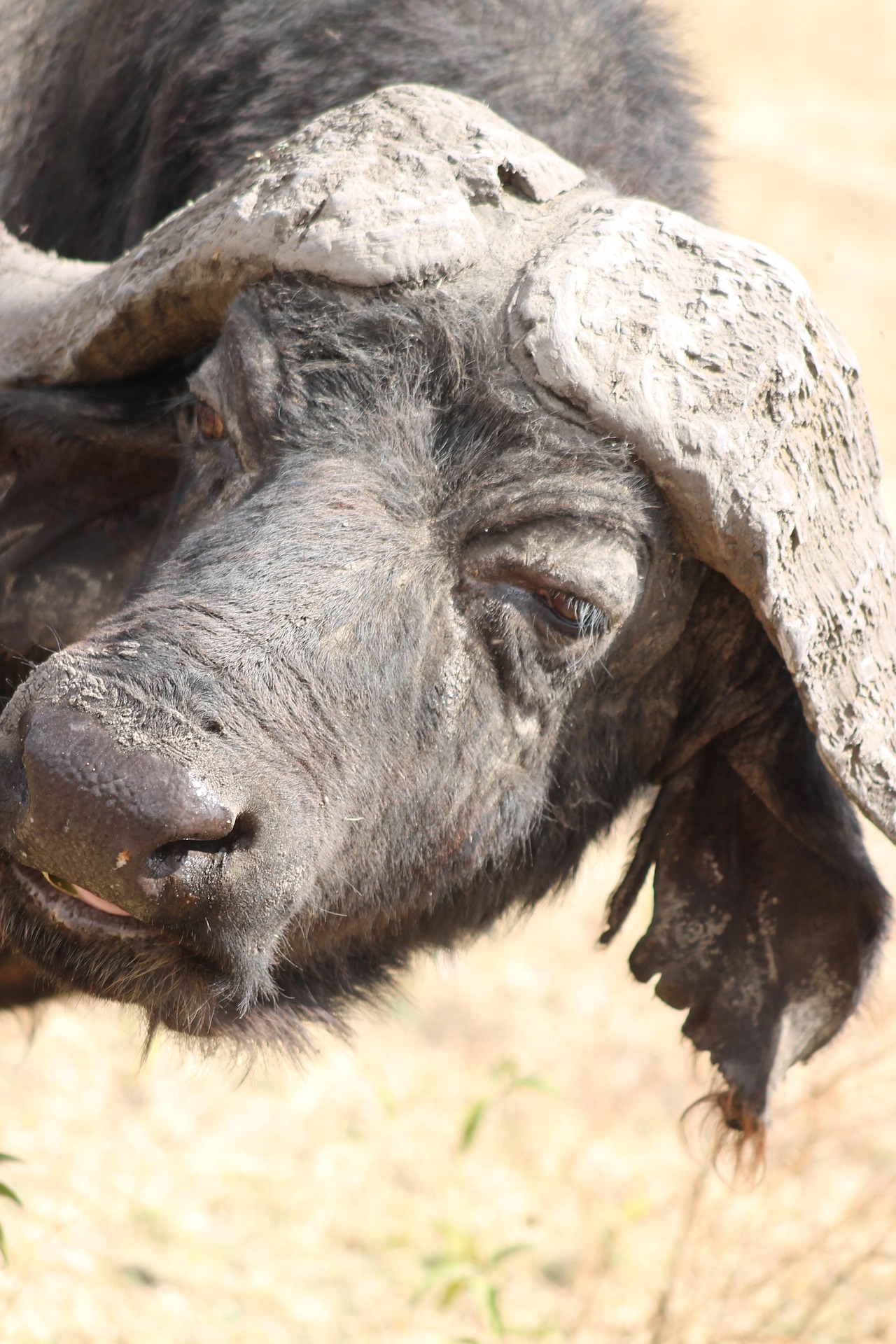
Day 03:Serengeti to Ngorongoro Crater to Arusha
Early morning game drive in Serengeti Drive to Ngorongoro Crater for a breathtaking safari experience Picnic lunch at the crater floor Afternoon return to Arusha Highlights: Ngorongoro Crater’s incredible wildlife density Possible sightings of black rhinos & flamingos
-
Transport: Pick-up & drop-off from your accommodation
-
Professional Guide: Expert local guide for adventure & safari activities
-
Safari Game Drive: Big Five experience in a private game reserve
-
Adventure Activities: Options like quad biking, shark cage diving, or paragliding
-
Entrance Fees: National parks, game reserves & activity sites
-
Meals: Lunch or breakfast, depending on the tour
-
Bottled Water: Stay refreshed during your adventure
-
Flights: International & domestic airfare
-
Optional Activities: Extra excursions like hot air ballooning
-
Personal Expenses: Souvenirs, drinks, and additional snacks
-
Travel Insurance: Recommended for adventure activities
Information
1. Best Time to Visit
The best time to visit Serengeti depends on what you want to experience. Here’s a breakdown by season:
-
Best for the Great Migration: June – July (northward movement) & September – October (river crossings).
-
Best for Calving & Predator Action: January – March (Southern Serengeti).
-
Best for Budget Travelers: April – May (low season with discounts).
2. Safety Tips
Tanzania is generally safe for tourists, but it’s important to take precautions for a smooth and enjoyable trip. Here are some key safety tips:
-
Beware of pickpockets – Especially in busy cities like Arusha and Dar es Salaam.
-
Avoid walking alone at night – Use taxis or hotel shuttles in urban areas.
-
Keep valuables secure – Use a money belt or hotel safe for passports and cash.
-
Stick to well-populated tourist spots and follow local advice regarding which areas to avoid.
3. Currency & Payment
-
The official currency of Tanzania is the Tanzanian Shilling (TZS).
-
Yes, US Dollars (USD) are widely accepted in hotels, lodges, and for tours.
-
Bring new USD notes (2013 or later) – Older notes are often rejected.
-
Best to have small denominations ($1, $5, $10, $20) for tips and minor expenses.
4. Local Food & Dining
Tanzania has a rich and diverse food culture, with influences from African, Indian, and Arab cuisines.
-
Most local restaurants are affordable ($2–$5 for a meal).
-
Tipping is appreciated (10% in restaurants, small tips for waiters).
-
Street food is delicious but choose clean vendors to avoid stomach issues.
-
Luxury lodges & hotels offer international cuisine if you prefer Western-style meals.
5. Weather & Packing Tips
Tanzania has a tropical climate, and the Serengeti experiences wet and dry seasons rather than four distinct seasons. Your packing list should match the time of year and type of safari you’re taking.
-
Dry Season (June – October) – Cool Mornings, Warm Days
-
Wet Season (November – May) – Green & Lush
7. Must-Know Cultural Etiquette
When visiting Tanzania, understanding local customs and etiquette will help you connect with locals, show respect, and avoid misunderstandings.
-
Always greet people before starting a conversation. Handshakes are common, often with a gentle grip.
-
In cities and rural areas, dress conservatively. Women should avoid short skirts or revealing tops. On the coast & Zanzibar, dress even more modestly (knees and shoulders covered) due to Muslim influence.
-
Eat with your right hand, especially when dining in local homes or markets.
-
Tanzania is diverse (Christianity & Islam are major religions). During Ramadan in Zanzibar & coastal areas, avoid eating or drinking in public during fasting hours.
-
Swahili is the national language, but English is widely spoken in tourist areas. Learning a few Swahili phrases can go a long way! "Asante" – Thank you "Karibu" – Welcome "Pole pole" – Slowly, take it easy Tanzanians are polite and indirect, so avoid blunt speech or impatience.
7. Health & Travel Insurance
Having health and travel insurance is essential when visiting Tanzania, especially for safaris in remote areas like the Serengeti. Here’s what you need to know:
-
Yellow Fever Vaccine – Required if coming from a country with yellow fever risk.
-
Malaria Prevention – Take antimalarial pills, use insect repellent, and sleep under a mosquito net.
-
Tanzania has limited medical facilities outside of major cities like Dar es Salaam & Arusha. Travel insurance helps cover: Medical emergencies & evacuation (important for remote safari areas). Trip cancellations or delays (bad weather, missed flights, etc.). Lost luggage or theft (common in busy airports or public places). Adventure activities coverage (hot air balloon safaris, hiking Kilimanjaro, etc.).
-
Stay safe, explore widely, and enjoy everything the Mother City has to offer!

